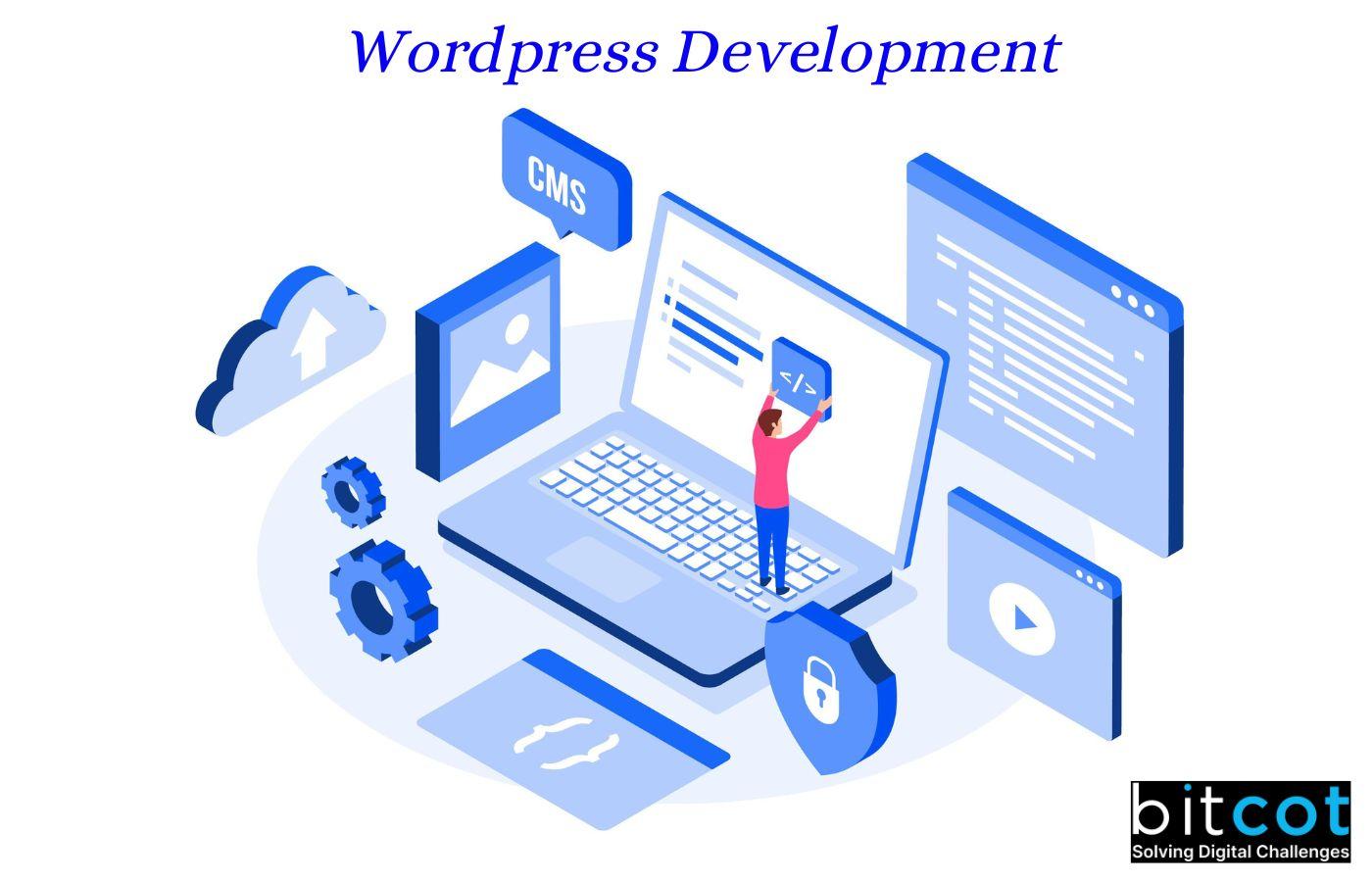Introduction
A WordPress theme is a collection of templates and stylesheets that control the look and feel of a WordPress website. Themes can be customized to meet the specific needs of any website, but out-of-the-box themes often don't have all of the features and functionality that businesses in specific industries need.
If you're a WordPress developer, you can create custom themes for businesses in any industry. This can be a great way to specialize in a particular niche and attract new clients. In this article, we'll discuss how to develop a WordPress theme for a specific industry.
Step 1: Research the Industry
The first step is to research the industry that you want to create a theme for. This includes learning about the specific needs of businesses in that industry and the types of websites that they typically have. You can learn about this by visiting different industry websites, reading industry publications, and talking to business owners in the industry.
Step 2: Identify the Key Features
Once you have a good understanding of the industry, you need to identify the key features that your theme will need to have. This will vary depending on the industry, but some common features include:
- Industry-specific layouts and designs
- Custom post types and taxonomies
- Industry-specific widgets and shortcodes
- Integration with popular industry-specific plugins
Step 3: Design the Theme
Once you know what features your theme will need to have, you can start designing it. This includes creating the overall layout and design of the theme, as well as the individual templates for different types of pages, such as the homepage, blog posts, and product pages.
When designing your theme, it's important to keep the following in mind:
- The theme should be user-friendly and easy to navigate.
- The theme should be visually appealing and consistent with the overall branding of the industry.
- The theme should be responsive and look good on all devices.
Step 4: Develop the Theme
Once you have designed the theme, you need to develop it. This involves writing the code for the templates and stylesheets. If you're not familiar with WordPress development, there are a number of resources available to help you get started.
Step 5: Test the Theme
Once you have developed the theme, you need to test it thoroughly to make sure that it works as expected. You should test it on different devices and browsers, and you should also test all of the features that you have included in the theme.
Step 6: Launch the Theme
Once you have tested the theme and you're happy with it, you can launch it. You can do this by making it available as a free or premium theme on the WordPress Theme Directory or another WordPress theme marketplace.
Connecting to the WordPress Developer
As a WordPress development company San Diego, you can specialize in developing custom themes for businesses in specific industries. This can be a great way to attract new clients and build a reputation as an expert in a particular niche.
Here are some tips for connecting with potential clients:
- Network with other WordPress developers. Attend WordPress meetups and conferences, and connect with other WordPress developers on social media.
- Reach out to businesses in your target industry. Let them know that you specialize in developing custom WordPress themes for their industry.
- Create a portfolio of your work. This will show potential clients what kind of work you can do.
- Write blog posts and articles about WordPress development for your target industry. This will help you to establish yourself as an expert in your field.
By following these tips, you can develop a successful WordPress theme development business that specializes in creating custom themes for businesses in specific industries.
Conclusion
Developing a WordPress theme for a specific industry can be a great way to specialize your WordPress development business and attract new clients. By following the steps outlined in this article, you can create a WordPress theme that meets the specific needs of businesses in any industry.
